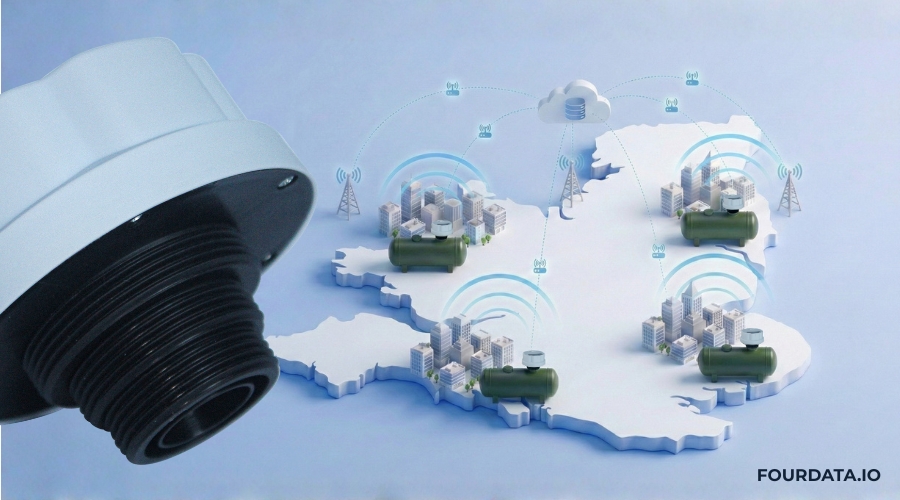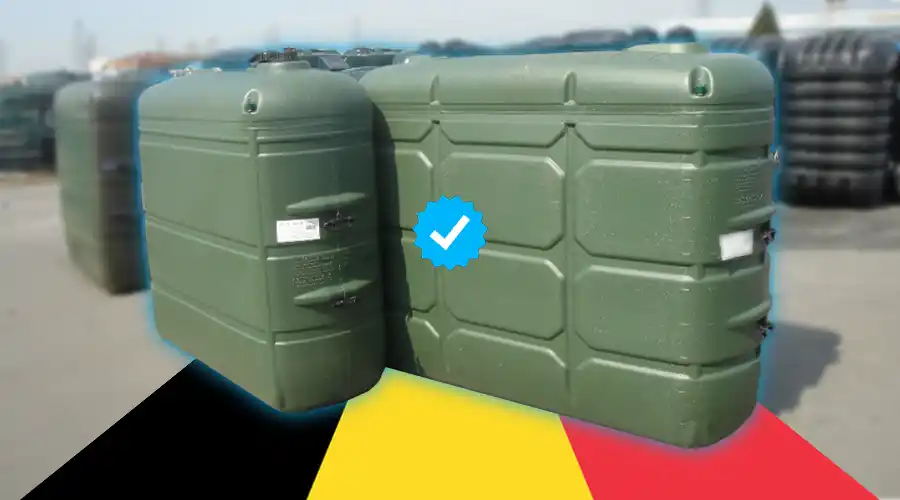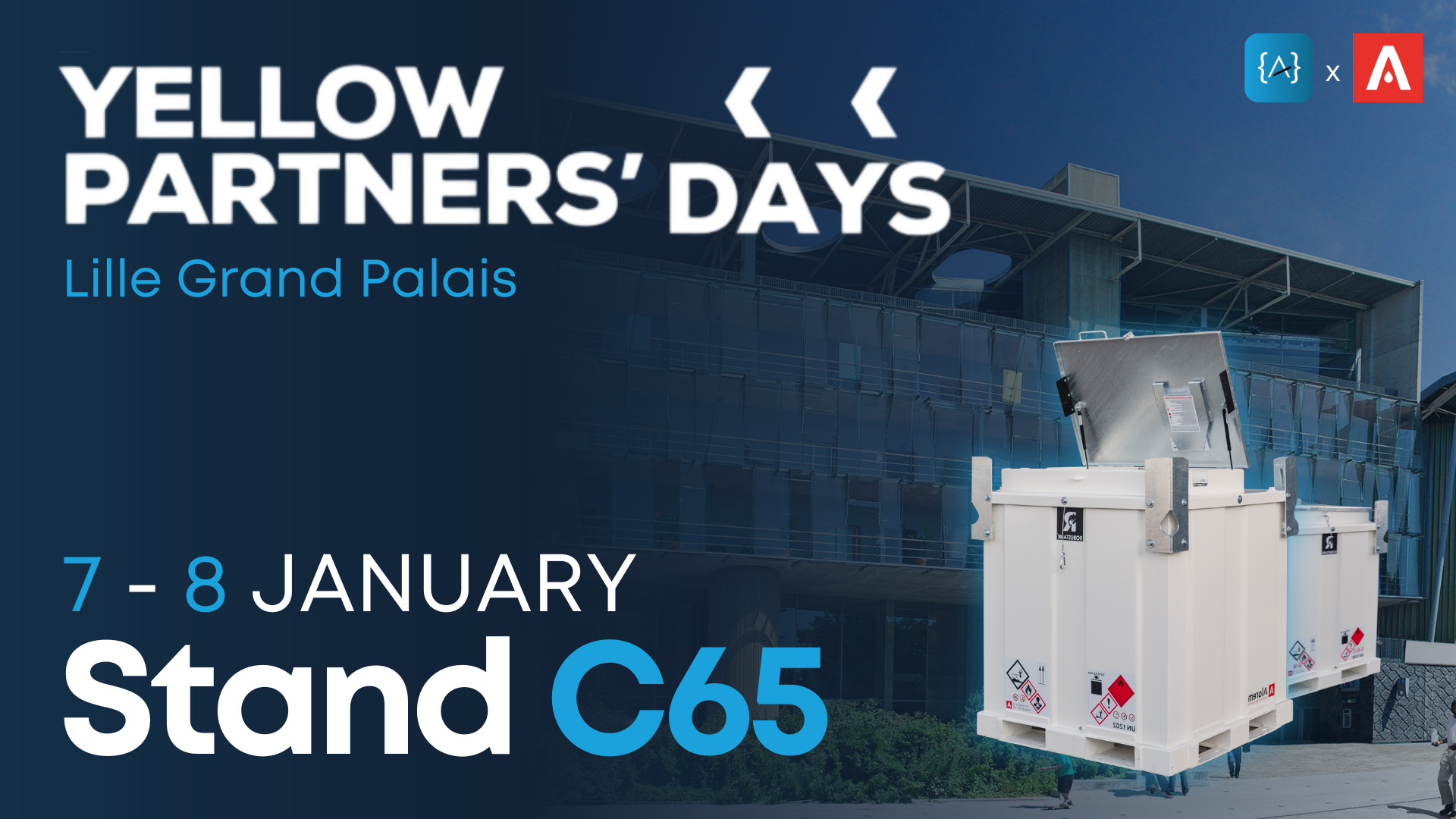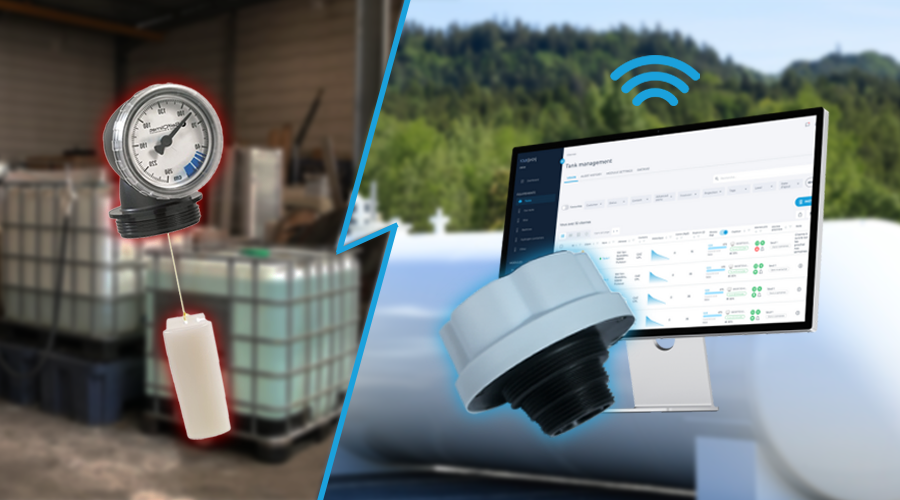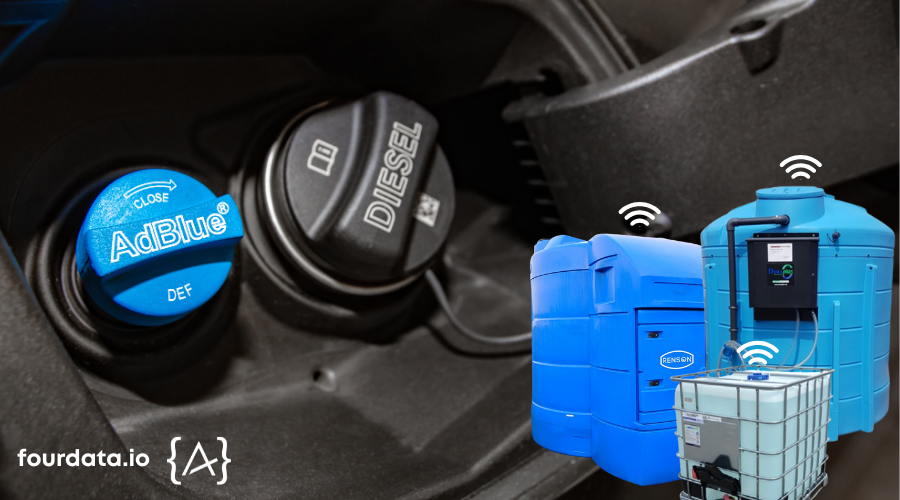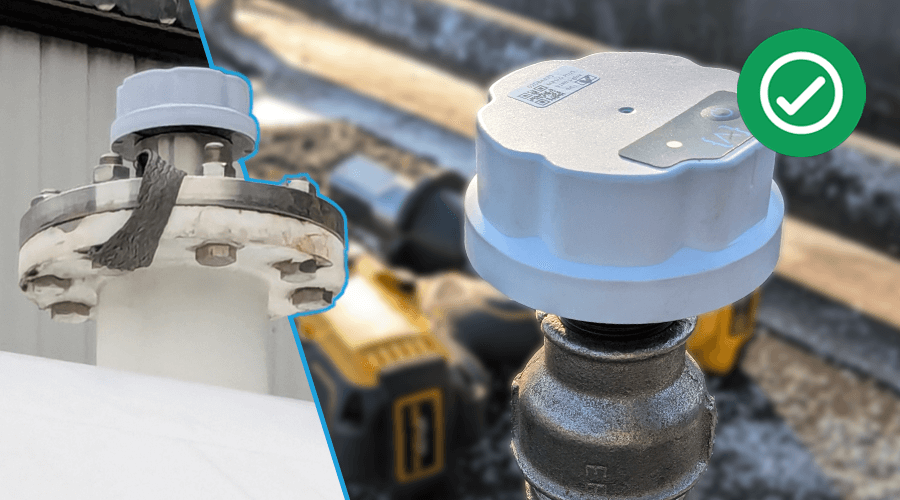NRD regulations: everything you need to know about off-road diesel fuel
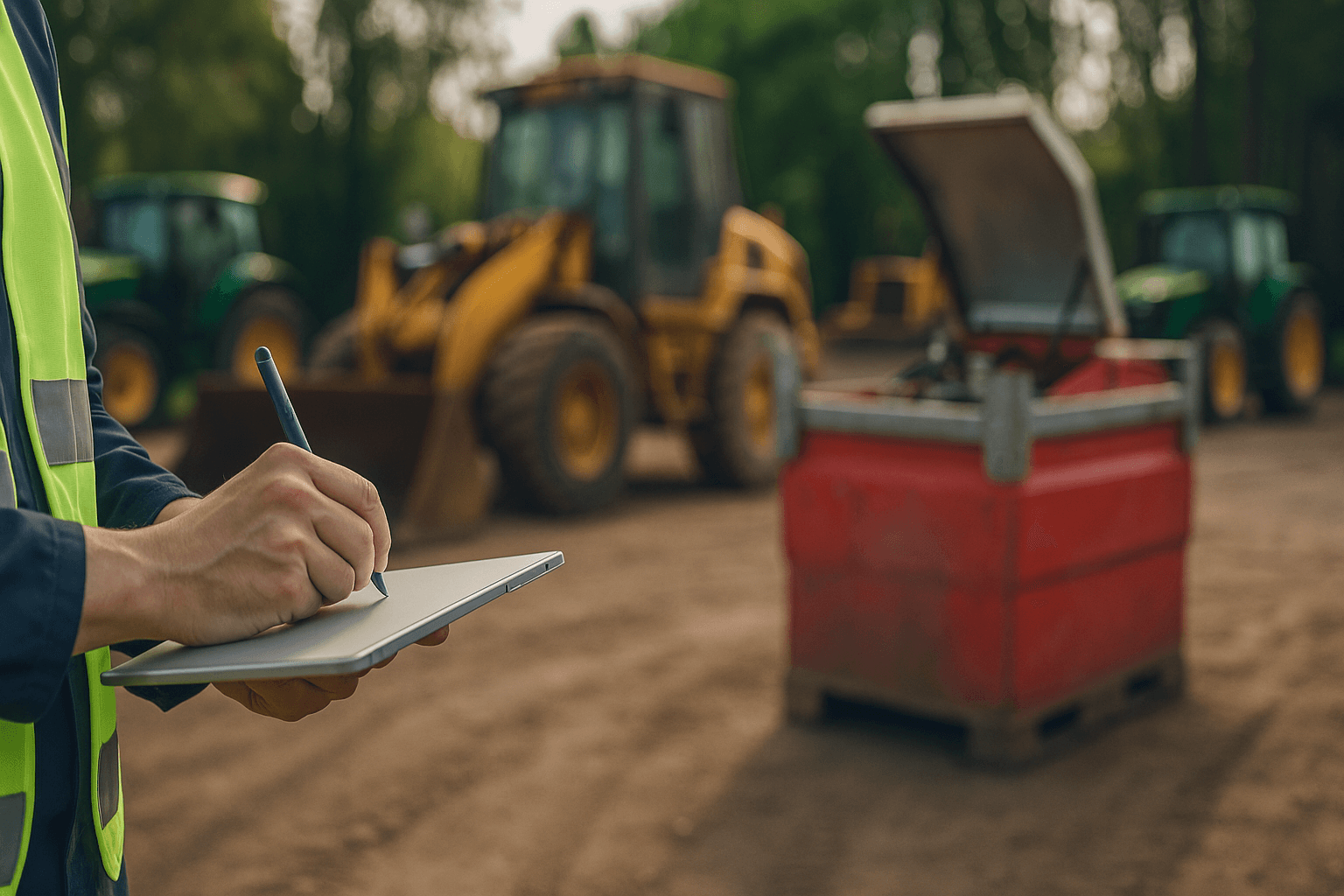
The non-road diesel (NRD) is a special fuel used mainly for agricultural, forestry and construction machinery, as well as certain inland waterway vessels. More environmentally friendly than the old heating oil, it meets stricter quality standards. For several years now, its use has been governed by increasingly precise regulations, notably to limit fraud and ensure better monitoring of its storage and transport.
Since July 2024new rules have been put in place concerning the taxation of RNG, notably the application of a reduced rate of excise duty under certain conditions. These changes have a direct impact on distributors, end-users and the customs authorities responsible for monitoring compliance with these obligations.
In this article, we’ll review all the essential points of the NRD regulations: definitions, storage standards, authorized equipment, monitoring obligations and practical tips for staying compliant.
What is NRD ?
Definition and main uses
The NRD(non-road diesel) is a fuel specially designed for use in machinery that does not use roads open to public traffic. Cleaner than the old heating oil, it contains fewer polluting compounds and meets strict European standards. Its slightly red color makes it easy to distinguish from conventional road diesel.
Main uses of NRD :
- Agricultural tractors, harvesters, specialized machinery.
- Forester harvesters, forwarders and other forestry equipment.
- BTP excavators, bulldozers, loaders and construction machinery.
- Inland marine : pleasure boats and river navigation.
Differences between diesel, fuel oil and RNG
To fully understand the role of RNG, it’s useful to compare it with other nearby fuels.
| Fuel | Main uses | Taxation / Excise | Color / Tint | Special features |
|---|---|---|---|---|
| Road diesel | Road vehicles (trucks, cars) | Full rate, high excise duty | Transparent | Free use on roads |
| Heating oil | Domestic heating, boilers | Specific taxation | Bright red | Gradually replaced by RNG |
| GNR | Agricultural, forestry and construction machinery, boats | Reduced rate (subject to conditions) | Light red/pink | Prohibited for road vehicles, regulated by customs |
NRD is therefore somewhere between road diesel and heating oil: it is fiscally advantageous thanks to its reduced rateHowever, its use is strictly limited to specific applications (agriculture, forestry, construction, shipping).
Current regulatory framework for RNG
Recent developments (excise duty, taxation and uses since 2024)
Since July 1, 2024The tax system for off-road diesel has changed to simplify management for operators. NRD intended for agricultural or forestry use can now be released for direct consumption at the reduced reduced excise rate of €3.86/hlwithout the user having to pay the full tax in advance.
To qualify, the operator must present a certificate of eligibility to its distributor. Without this document, fuel is billed at the standard rate. These new rules are designed to limit cash-flow discrepancies and standardize the application of regulations.
To remember:
- Reduced rate for agricultural/forestry NRD : 3.86 €/hl.
- Implemented since : July 1, 2024.
- Condition: compulsory certification for the user.
Legal obligations of distributors and users
Regulations impose strict obligations to ensure the traceability of NRD:
- Provide proof of transfer (invoice, delivery note, ticket) specifying nature, quantity, identity of transferor and transferee.
- Keeping accounting of volumes received and sold, by facility.
- Send to customs a quarterly statement comparing theoretical and physical stocks.
- Keep receipts and registers until December 31 of the 3ᵉ year following their establishment.
Penalties for non-compliance
Failure to comply with these obligations entails major risks:
- Customs fines for lack of supporting documents or incomplete register.
- Automatic taxation at full rate in the event of fraudulent use of RNG.
- Suspension of approval for a recidivist distributor.
Real-life example: during customs inspections, operators have already been penalized for using NRD in road vehicles, resulting in the invoicing of the tax difference, along with penalties.
Standards and storage of RNG
Technical standards applicable to tanks (NF, EN, etc.)
The storage of NRD is governed by several French and European standards, which define the technical requirements according to the material and design of the tanks:
| Standard | Tank type / material | Main use |
|---|---|---|
| NF M 88-940 | Light steel tanks | Overhead tanks |
| NF EN 13341 | Polyethylene tanks with secondary jacket | Secure outdoor storage |
| NF EN 12285-1 | Double-walled underground steel tanks | Large underground volumes |
| NF EN 12285-2 | Overhead double-walled steel tanks | Fixed industrial installations |
👉 These standards guarantee the safety, durability and regulatory compliance of storage tanks for petroleum products such as RNG.
Safety rules for indoor and outdoor storage
To prevent the risks associated with this fuel, regulations impose strict conditions:
- Double-walled mandatory or tank placed in a retention tank.
- For indoor indoor : masonry floor, efficient ventilation, fireproof door.
- For outdoor outside Minimum distances from buildings and property lines.
- Required safety equipment: valves, leak detection devices.
Preserving NRD quality and limiting environmental risks
NRD degrades rapidly after 6 months of storageThis can impair quality and damage engines. Environmental risks (leaks, soil pollution) call for particular vigilance.
Practical tips:
- Clean tanks regularly to prevent deposits.
- Control humidity and condensation to limit bacterial growth.
- Set up an emergency plan in case of leakage or accidental pollution.
These best practices guarantee fuel quality and compliance with environmental requirements.
Machinery authorized to use RNG
Agricultural and forestry machinery
NRD is widely used in the agricultural and forestry sectors, where it powers the engines of the high-powered machinery needed for daily work.
Examples of machines:
- Tractors
- Combines
- Self-propelled sprayers
- Forestry harvesters
- Silvicultural carriers
Non-road mobile machinery (construction, worksites)
In the building and civil engineering sector, NRD is reserved for mobile equipment that does not travel on roads.
Examples of machines:
- Backhoe loaders
- Bulldozers
- Motor graders
- Loaders
- Compactors
Boats and inland navigation
NRD can also be used as fuel for certain boats not subject to maritime navigation.
Examples:
- River pleasure boats
- Inland barges
- River service launches
Obligations for monitoring and transporting RNG
Mandatory supporting documents and inventory accounting
Distributors and users must guarantee the traceability of NRD thanks to precise documents:
- Detailed invoices indicating nature, quantity, identity of seller and buyer.
- Delivery notes with date and volume delivered.
- Journalized accounting records (entries/exits by establishment).
Example of a simplified tracking table :
| Date | Product | Volume (liters) | Supplier / Customer | Theoretical stock | Actual stock |
|---|---|---|---|---|---|
| 10/07/2024 | GNR | 2 000 | Supplier X | 5 000 | 5 000 |
| 15/07/2024 | GNR | -1 200 | Customer Y | 3 800 | 3 780 |
Conditions for transporting NRD safely
The transport of this fuel must meet precise requirements in order to limit any risk:
- Compliance with authorized volumes according to type of transport (tanks, mobile containers).
- Minimum safety distances from inhabited or sensitive areas.
- Safety devices such as shut-off valves, leak detectors and overflow protection are mandatory.
👉 These rules protect both operators and the environment.
Specific rules for large volumes and Seveso sites
Following the Lubrizol fire in 2019, regulations have been tightened for large-capacity depots and Seveso-classified sites.
These sites must implement :
- A Internal Operations Plan (POI) to manage incidents.
- Leak and fire prevention and response systems.
- The mandatory staff training safety procedures.
- Environmental measures to limit the impact of accidents.
👉 These obligations aim to secure the massive storage of petroleum products and protect the surrounding population.
Why choose Four Data to simplify NRD tracking?
Automated sales and inventory tracking
Thanks to our IoT platform, NRD volume tracking becomes fully automated. Connected sensors provide real-time information on your tanks, sales and consumption. This avoids data entry errors and guarantees perfect traceability in the event of a customs inspection.
👉 Example: a farmer can present a complete history of his NRD movements and prove his compliance, without fear of a tax reassessment.
Anticipating consumption and avoiding shortages
Our solutions enable you to monitor consumption down to the liter, and anticipate future needs. Intelligent alerts warn when a tank is approaching a critical threshold, preventing any rupture.
👉 The result: greater peace of mind in supply management and improved cost optimization.
IoT support for regulatory compliance
In addition to technology, we support you in implementing procedures that comply with NRD regulations. Our expertise covers both hardware (sensors, safety devices) and software (monitoring, automated reports).
FAQ on NRD regulations
Contact us for a demonstration
Need to ensure your NRD compliance? With Four Data, you have a complete IoT solution to simplify the tracking of your tanks, guarantee traceability and anticipate your needs.
You may also be interested in these articles :

